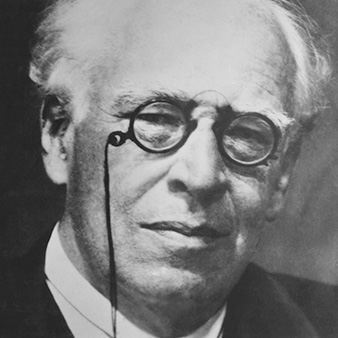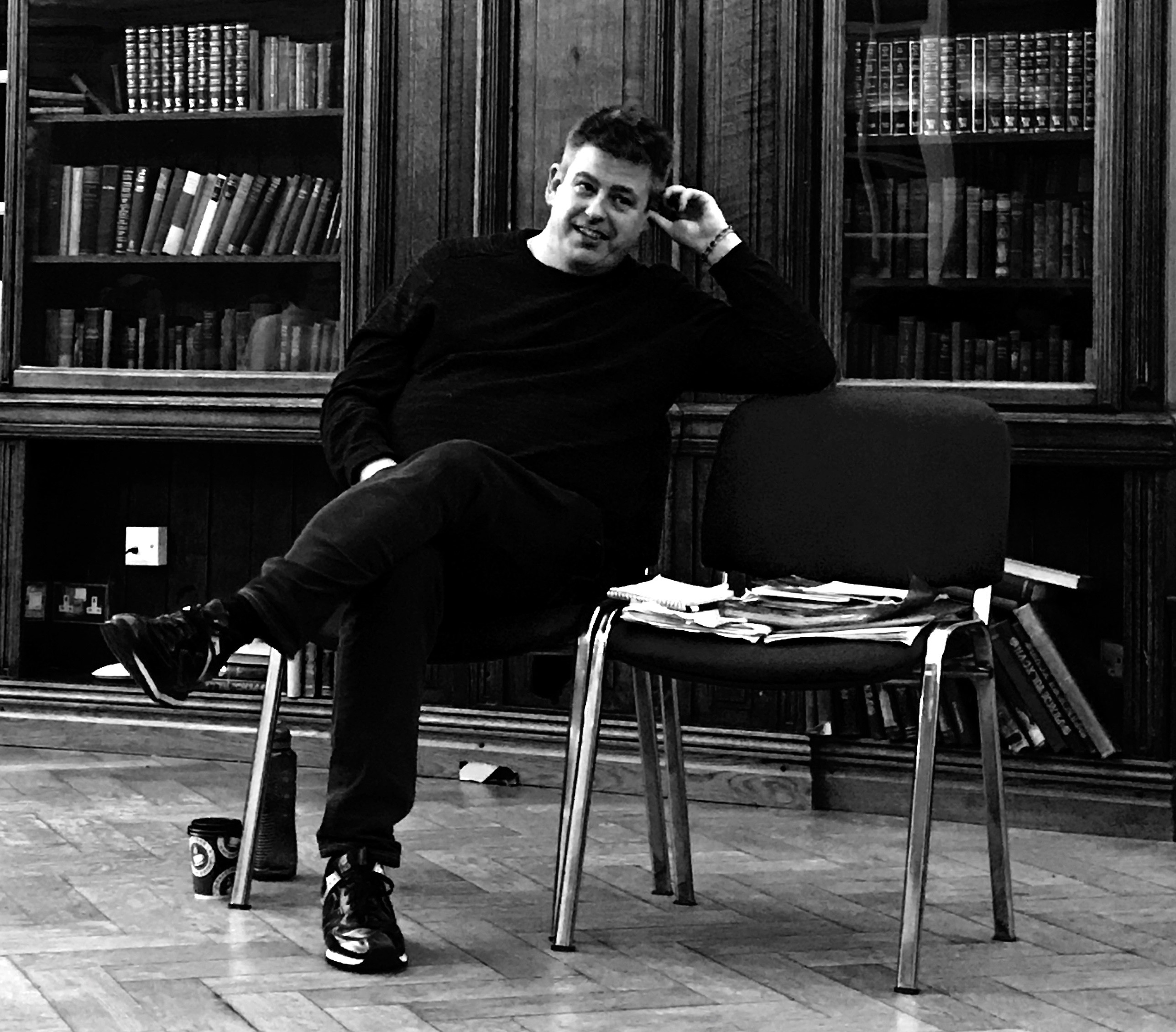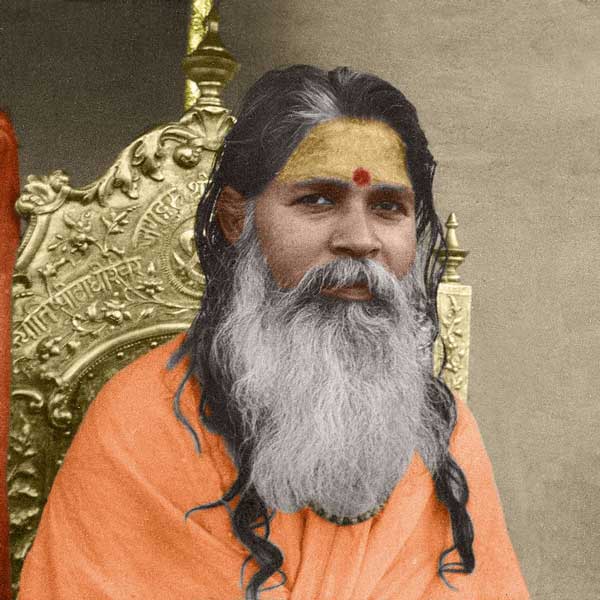A Letter From John Osborne Hughes
Dear Actor,
At the time of graduating from five years of training as an actor, followed by two years training as a stage director, it would have been easy to kid myself that I was, in some ways, supremely equipped to embark on a career in theatre, TV and film. The training I received was mainly based on the teachings of Konstantin Stanislavski, who was the first actor / director to develop a system of acting and is considered to be the grandfather of modern acting.
One of my teachers, Sam Kogan, trained at the Moscow Institute of Theatre Arts under one of Stanislavski’s’ students and colleagues, Maria Knebel. He in turn developed Stanislavski’s ideas, in search of what he called a ‘science of acting’.
In theory it all seemed to sound right and much of it was very useful and insightful, but in practice, his approach just didn’t work. The cerebral nature of the training served to tie us in knots and ultimately stripped us of our own natural sense of feeling and spontaneity… Surely a system of knowledge of acting should serve to liberate actors, not bind us?
So, in spite of my extensive training, huge questions still remained unanswered -
- What exactly is ‘great’ acting?
- What are the real qualities of a great actor? How can these qualities best be developed?
- What is the actor’s true duty and function? How can they best serve the audience and therefore humanity as a whole?
- What stops actors from fulfilling their potential?
- Why can’t I take my eyes off certain actors?
- What is charisma?
- What is stage / screen presence?
- What is talent?
- How can an actor improver their attention and imagination?
- What is a character?
- What are the psychological laws which nature uses to create a human character in life?
- What is the substance or material from which a character is made?
- What can be learned by studying comparative art forms and artists?
- How can the study of philosophy (the love of wisdom) enrich the actor?
- What can the study of psychology (the science of mind and behaviour) teach the actor?
- What can the practice of self-observation teach the actor?
- What did other reputed teachers of acting teach their students?… Did it work?
In other words; I wanted to understand the laws that governed the true function and nature of the art and craft of acting.
As a director, how could I best help the actor to learn to love the art in himself (and not just himself in art!), to be fearless, free, awake, aware, technically skilled, open hearted, present, responsive, a joy to work with and ultimately compelling to watch?


- Stanislavski
These questions sent me on a mission; from Stanislavski (who I later learned took his initial inspiration from a book on Hatha Yoga), to Sanford Meisner and Lee Strasberg (who both seem to have missed the point) to Michael Chekhov, who also acknowledged the spiritual aspect of great acting.
However, I didn’t limit the study to theories of acting. I expanded the search to include, what I believe to be, the real substance of the actor's craft; the heart, mind and soul of humanity.
With the aid of psychology, I took a closer look at myself and those around me, with all our sometimes beautiful, sometimes comical, sometimes painful and sometimes downright crazy ways we choose to conduct ourselves in this mysterious quest for happiness, that we call “life”!
The basic premise of the Spiritual Psychology of Acting is this; If we can learn to observe and understand the psychological processes which created our own character in life, then we can learn to saddle and ride this knowledge, to engage it at will and allow it to serve as our creative technique.
The fruit of this study proved to be fascinating and rewarding. The students were happy, the quality of their work was greatly improving, which was reflected in the number of them that were landing prestigious roles within the industry… But, to me, it still seemed like something was missing. So then, as a logical progression, I began to wonder about the ‘higher’ or ‘deeper’ nature of dramatic art…
Why is film and theatre such an important part of human culture? What is the real function of the artist? What is the true service of the writer, director and actor to the audience, society and ultimately to humanity? How does our profession fit into the greater scheme of things?
I saw that the higher purposes of theatrical and cinematic art are to hold a mirror up to nature, open the heart and raise the level of consciousness…
But how can an actor, writer or director contribute to this process, if they haven’t first opened their own hearts, raised their own level of consciousness or truly observed human nature in themselves?
The answer is of course, they can’t!


- Sri Shantananda Saraswati
This led to further study; the words of the wise and humanity’s great store house of spiritual knowledge, in the form of philosophy from both east and west. The fruits of this study, along with the practice of mantra based meditation, provided the necessary answers.
This, coupled with my own thirty plus years of experience in training actors around the world has evolved into a comprehensive body of knowledge, which I call, The Spiritual Psychology of Acting and the ground-breaking technique, which I call Active Embodiment.
I hope my work resonates with you. If so, I warmly invite you to train with me and embark upon, what I promise will be, an inspiring and empowering journey into the heart, soul and psychological technique of great acting.
My purpose is to offer the best training for actors on the planet, to help you fulfil your potential, thrive within the industry and, most of all, delight and inspire your audiences…
If you’ve got the bug and you truly love the art and craft of acting, I look forward to meeting you.
With all best wishes,
John Osborne Hughes